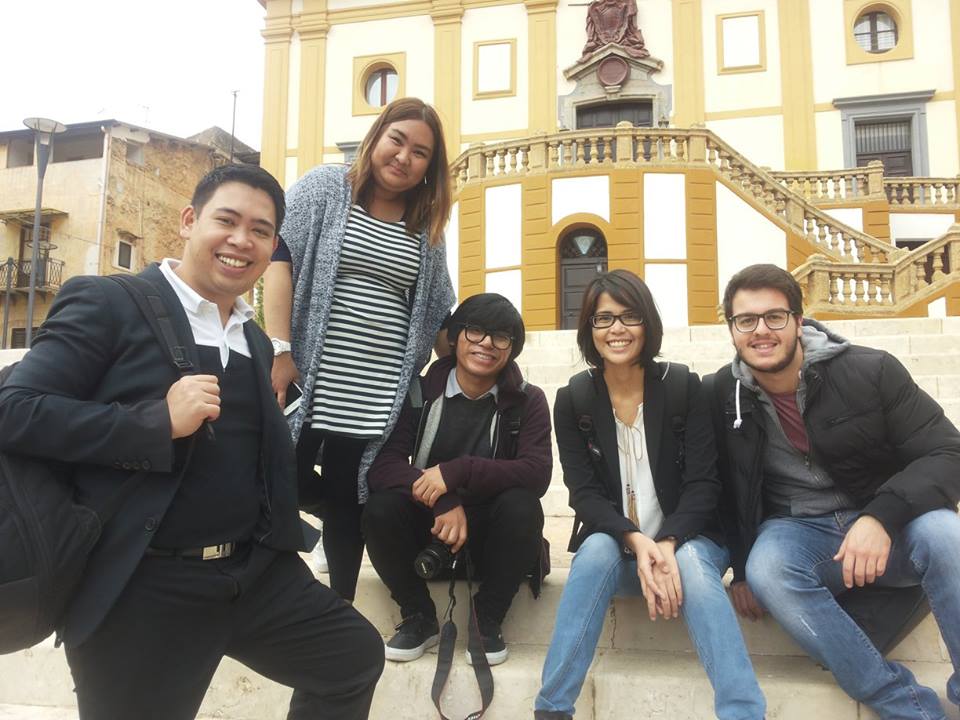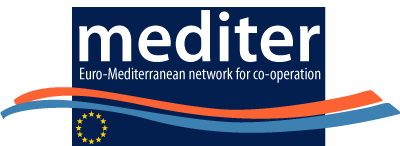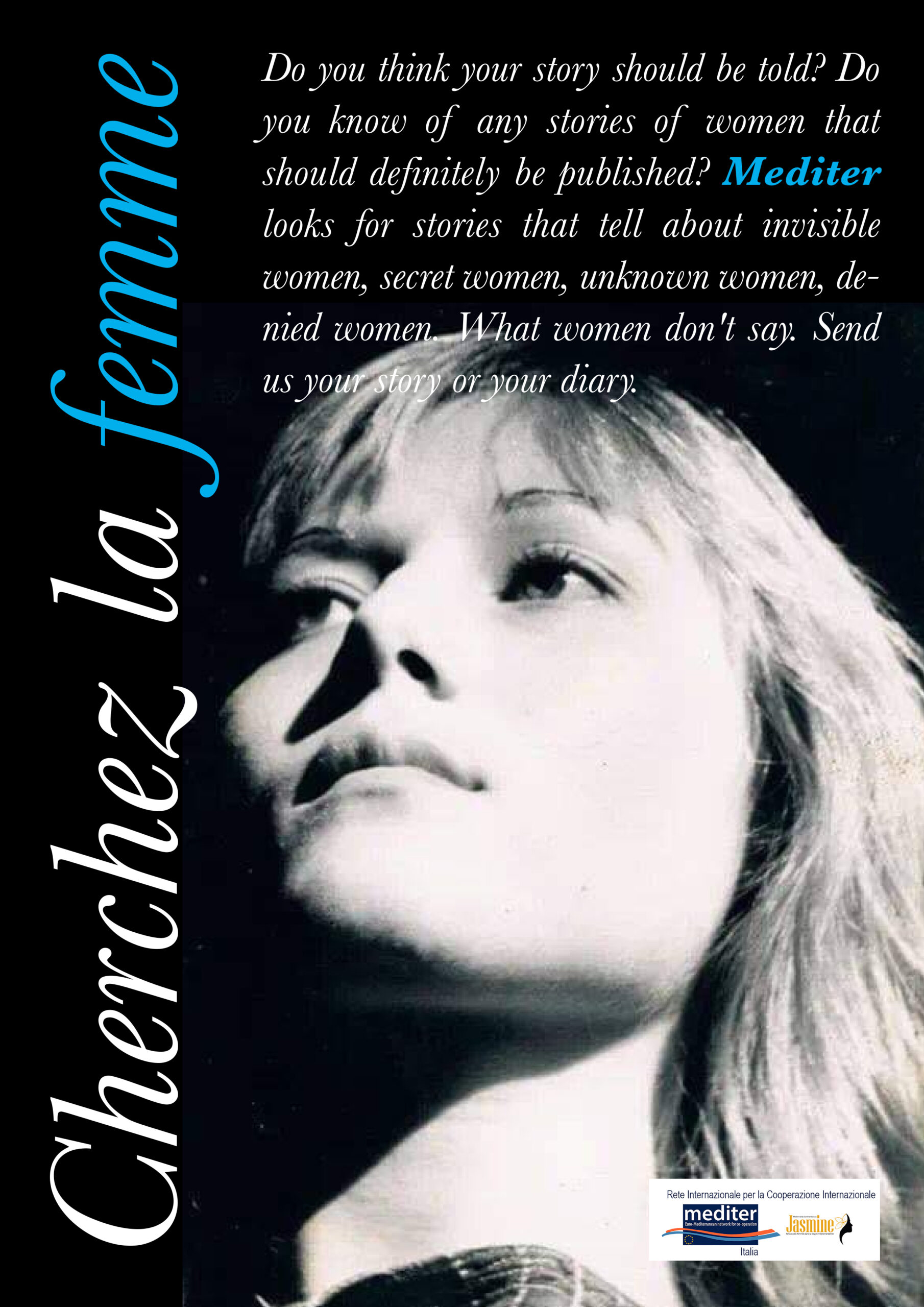
Project Summary
Project Summary https://euromediter.eu/wp-content/uploads/2020/06/15095514_10154171196498036_4975343288588567495_n-1.jpg 960 720 Euro Mediter https://euromediter.eu/wp-content/uploads/2020/06/15095514_10154171196498036_4975343288588567495_n-1.jpg“ACT AS YOUTH LEADER” CAPACITY BUILDING IN THE FIELD OF YOUTH ERASMUS + KA2
The project “Act as Youth Leader” (AYL) aims to strenght the youth policies development in the Philippines (with a focus on Muslim youth groups from the south) by structuring a more efficient participatory process of the youth in the political life.
Althought the high number of young people in Philippines just one percent of them are members of political parties and ten percent belong to youth organizations. The Philippines youth are aware of the social problems and inequalities of their society but most of them are not involved in trasforming the youth’s needs into policies, programs and reforms. The situation is worst for the Muslim youth groups living in Mindanao Region, in the southern part of the country. In Philippines there is any national youth organization or platform and the sole “policy-making cordinating body” of youth related activities of the government is the National Youth Commission (NYC).
The need to realize the project in a country as Philippines is coming from the collaboration between Unione degli Assessorati and the Philippines Consulate of Palermo, opened in 2014. In Sicily the Philippine community settled down 30 years ago and it composed by around 5597 people (1902 in the Municipality of Palermo). Thanks to the high presence of young people within the community the applicant started to become aware of the youth situation in the Philippines and expecially of the distance perceived by the Philippine young people with the political institutions.
The project will directly involve youth workers, youth leaders and representatives of municipalities responsible for youth policy/youth field in order to become actors of the societal change thanks to the cooperation and exchange of expertise with European partners. The project aims to allows them to develop their competencies and to apply new methods and forms of active participation of young people at local, national and international levels. The applicant, together with the other European partners, Associazione per la Mobilitazione Sociale (AMS) and MEDITER, will share the participatory good practices developed and support the Philippine partners in order to adapt the methodologies to their local needs and to become multipliers of a youth participatory process. The exchange will be also focused on the European policies in the field of youth by showing concrete examples of successful projects of structural dialogue among public authorities and youth organizations (as the project Muoviti).
In order to accomplish the ambitious project objective, to strenght the capacities of the youth leaders to enable them to promote active citizenship and youth participation in the political life, the consortium structured a work plan that will be realized in 18 months. Our proposal aims to promote the active participation of young people in the political life by testing new and more direct forms of political engagement. Through the development of the project we will stimulate young people to take part to the democratic life of their local, regional, national and international communities. We will also facilitate the structural dialogue with the public authorities in order to promote and/or improve the comunication, information and consultation of young people by the institutions.The main idea of the project is to analyze, to identify and to test models, methodologies and tools for a lasting and formalized active participation of the young generations in the decisional processes.
During the WP0, which foresee the general project management, monitoring and evaluation, the project starts with a first partner meeting in Palermo with the participation of 4 coordinators from the Philippines (2 from each partner), 2 from Belgium and 4 from the italian partners. In this first meeting the partners define the project calendar and the monitoring plan, analyze the project risks and discuss about possible solutions.
The informational material shared during the first meeting is used by the Filipino partners for the realization of a press conference to launche the project (WP1). To promote the project and to find the participants a video-spot is produced and shared in the social networks, local TV-programs and on the partners websites. The WP1 foresee also an analysis of the youth organization, policies and programmes in Philippines by using the successful method experienced by the applicant with the realization of the Observatory of the social situation of the Municipality of Palermo. Thanks to the data analysis and the geographical localization of the youth organizations located in the country it will be easier to have a picture of the youth situation in Philippines and to recognize the areas where more attention is needed.The European partners, beside support and coordinate the Observatory realization, will also select 10 good practices of youth participation in the political life and structural dialogue among young people and public authorities, to be used as learning material during the WP2.
The WP2 foreseen the preparation and realization of 2 training courses and of the Open Educational Resources material. The European partners create together 2 guide-lines to be used as learning base during the realization of the training courses. During the WP2 take place the second project meeting and an international conference in Manila with the participation of 2 responsibles of youth policies and 2 project coordinators (one from the applicant and one from AMS) and 2 project corodinators from MEDITER. In the same week tale place 2 training courses:
- one for the youth workers and youth leaders focus on innovative partecipatory processes (for a target group of 40 participants);
- one for the representants of municipalities responsible for youth policy/youth field focused on the European policies and actions adopted to empower the youth participation in the political life (for a target of 20 participants).
In the training for youth workers/youth leaders the participants will come from youth organizations in different areas of Philippines (at least 20% from Mindanao Region). The training last 7 days and foresee the use of different non formal educational methodologies, with a focus on peer education as youth partecipatory method. The training course is leaded by 4 trainers (2 from Unione, 1 from AMS and 1 MEDITER). The first day the participants known each others and visit the National Youth Commission. The second day take place a conference about youth participation in the political life with the presentation of the Observatory on youth services and the results of the analysis developed during the WP1. The third day focus on peer education approach: it is an action among peers emphasize the similarities among the peers and aims to create a sense of community with another person thanks to the sharing of the same problems and needs. In the peer education methodology the peers become a positive model for the acquisition of new knowledges and competences and to modify behaviours and attitudes. The participants learn how to use this approach with their target groups in order to promote youth involvement and participation and to find solution to common problems. The fourth day the trainers introduce the European policies on youth, education and training and present the Erasmus + programme. In the second part of the training the participants learn how to design a project with the support of the trainers in order to help the youth during the preparation of the local projects in the WP4. They present the project developed to other groups and receive feedbacks and comments. The training end with the evaluation of the learning process and the plan of the next steps. The training is followed by the realization of at least 10 local workshops in order to disseminate the methods and techniques learned and all the learning materials developed will be shared in the project web platform.
The training course for public administrators foreseen the participation of 2 facilitators (one from Unione and one from AMS) and 2 public administrators who experienced a good practice of participation of the youth in the public administration. The participants are 20 responsible of youth policies coming from institutions located in different regions. The training starts with the welcome of the participants and the visit to the National Youth Commission. The second day the participants join a Conference about youth participation in the political life and learn how to use the Observatory on youth policies as a tool to support them during the planning and implementation of youth policies. The third day they simulate the use of the Observatory with the support of the italian public administrators. The following day they realize a design-thinking session on the topic of youth participation. The participants define the problem, research and create ideas, prototype and test them, without following an analytical and linear process. It is based on team work, participatory process and creativity and it is a usefull method to be applied with groups of young people. The fouth day the participants experience the European Awareness Scenario Workshop: it is a method aimed to help different groups with different interests and needs to reach a common solution, accepted from all the parties involved. This method promote debate and participation and it is really helpfull to solve problems of local communities. The trainers define the roles f the different groups, facilitate the discussion and the definition of a common solution. The training end with the visit of a local public authority and the evaluation of the learning process. Also the second training course is followed by the realization of local workshops in order to disseminate the methods learned.
A video-documentary of the non-formal methods used will be recorderd and uploaded in the project platform in order to show to a wider audience the approach used. During the courses the trainers follow a similar methodology: they start to create a group atmosphere to facilitate the partecipatory process and in the second part they give more space to the group work. They alternate power-point presentations, case-studies, games and group actvities, following the needs of all the participants and paying attention to include all of them. In the WP3 the parters select among the participants of the training courses 10 participants for the jobshadowing in Palermo. The job shadowings last 2 weeks and include visit of youth organization and local authorities with the direct involvement of local participants (both youth workers and local administrators). After their coming back home they will share what they have seen and learned during their period abroad by realizing local multiplier events. The job shadowing phase is necessary for the next step of the project: the project implementation phase (WP4).
The WP4 foreseen the preparation of a call for proposals for the realization of local projects of youth psrticipation in the political life. An application form will be uploaded in the platform and after a month the proposals will be selected by the European and Philippine partners. The projects selected receive a small budget for the realization and the technical support by the European partners. Each project could last from 1 to 4 months and all of them need to produce an high impact on the local and national community and involve as much young participants as possible. Each proposal should be proposed by a team that include at least 1 youth worker/youth leader and 1 public administrator. A part of the budget could be also used to establish a new organization with the aim to promote the active citizenship and the participation of the youth at the political life.
The final WP5 is focused on the capitalization and dissemination of the project results: the consortium will meet once again in Brussels for a final conference to show the projects selected at the European Commission. The partner Mediter will be responsible of the organization of this final meeting. The partners also plan the follow up of in order to continue the work realized and to establish a structured network among the old partners and the new organizations established. A representation of the teams of the projects selected will take part on the final conference in Brussels together with 4 representatives from the applicant, from AMS and from the public administrations involved. The 5 WP will directly involved at least:
- 500 participants from youth organizations and 150 from the public administrations (including the participants at local workshops and multiplier events, the participants at the call for proposals and the beneficiaries of the local projects) from the Philippines;
- 100 participants from youth organizations and 50 from the public administrations (including the ones that support the hosting organizations during the job shadowing and who select the project proposals, the local municipalities that disseminate the project results and the participants at the final conference in Brussels) from Italy and Belgium.
The project platform will be visited from at least 5000 people and it will be used as OER to share the training sessions and all the learning material produced during the 5 WP. The platform will also host the Observatory of the youth services in Philippines and it will be promoted to a large number of youth organizations and responsible for youth policy/youth field.




